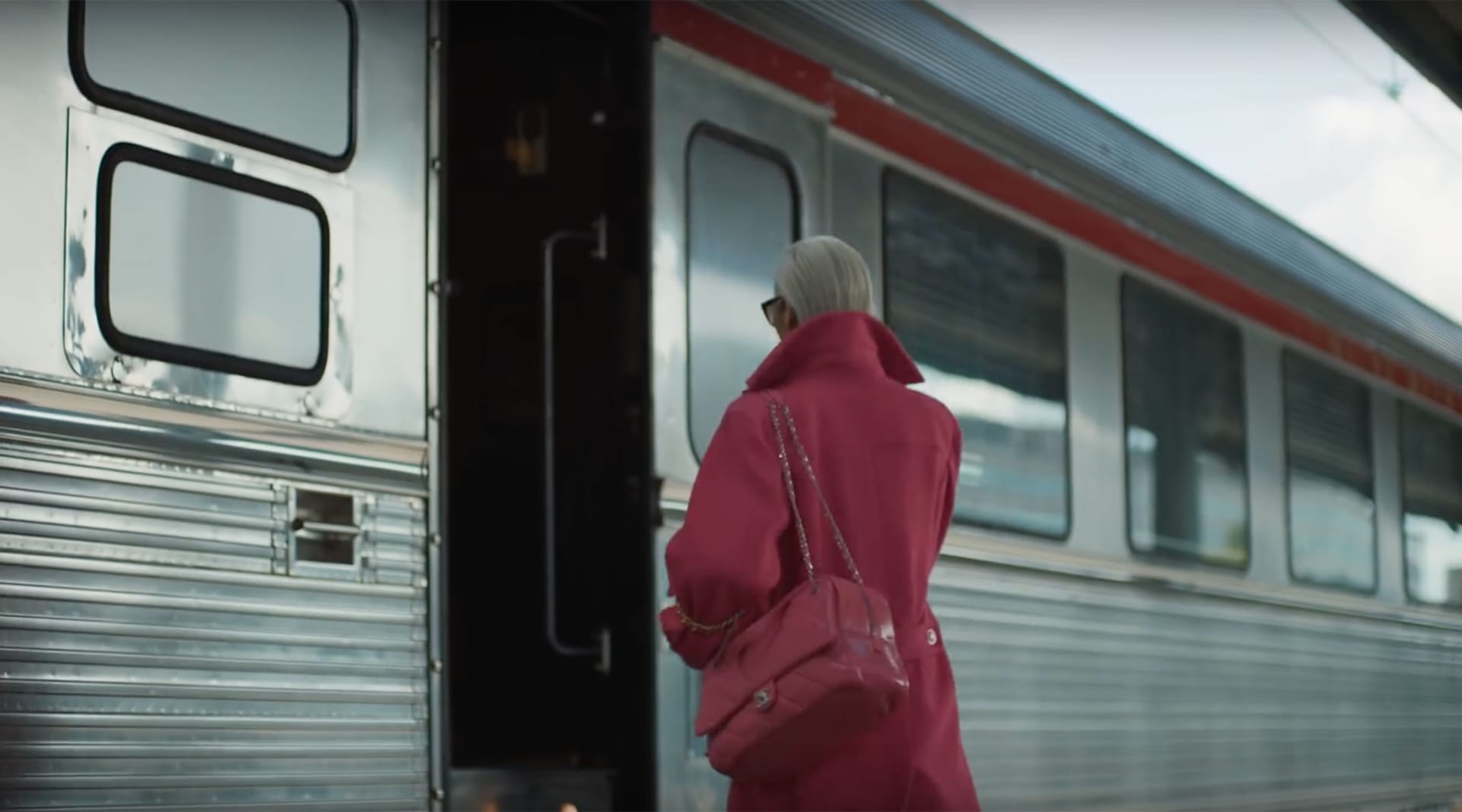Trains, which once offered the height of luxury, gradually fell out of favor among first-class passengers as air travel became more accessible. But now, with consumers taking a more mindful approach to travel, the romanticized train journey is experiencing a resurgence.
Trains offer travelers an eco-conscious alternative to flying – and an opportunity to savor the moment.
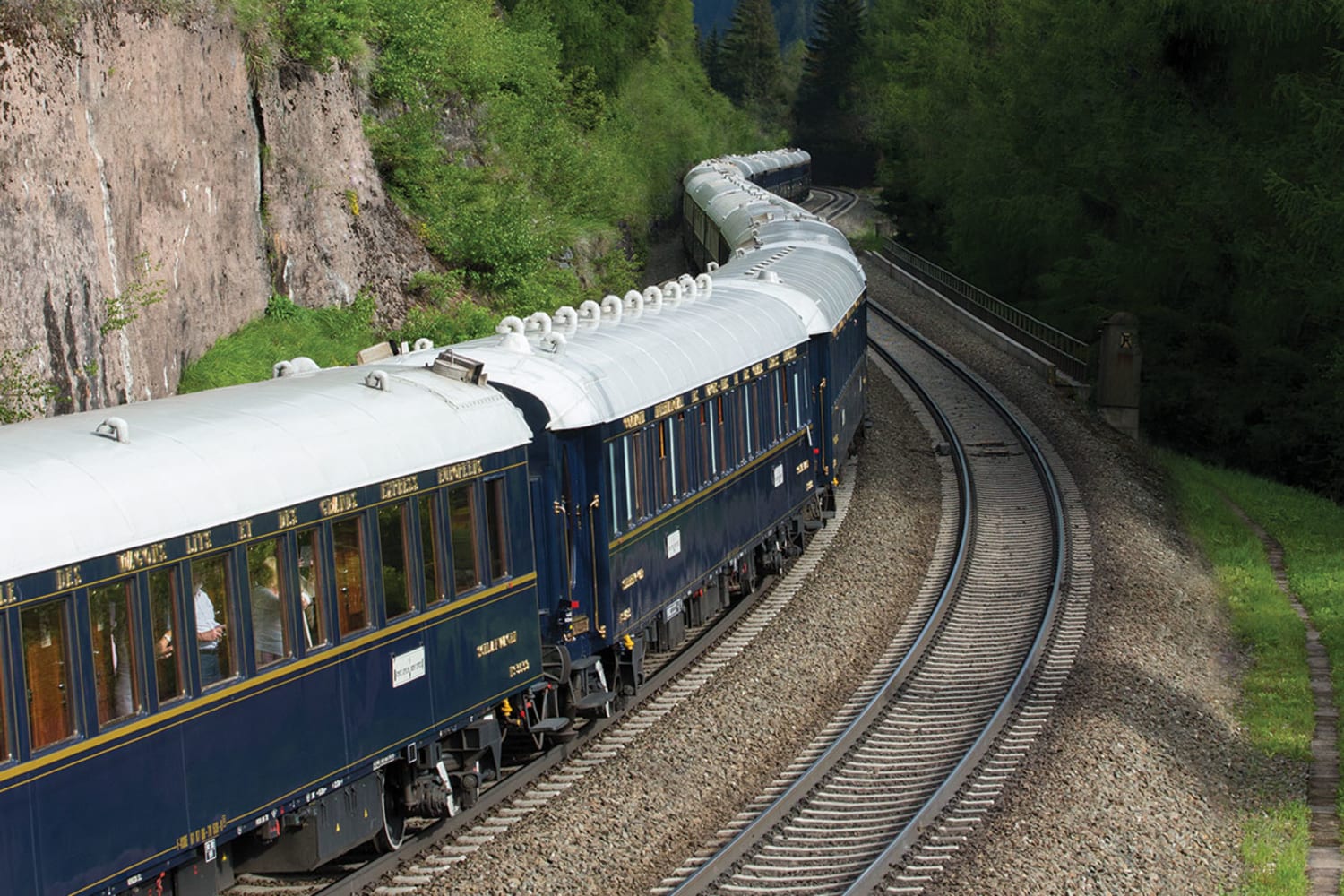
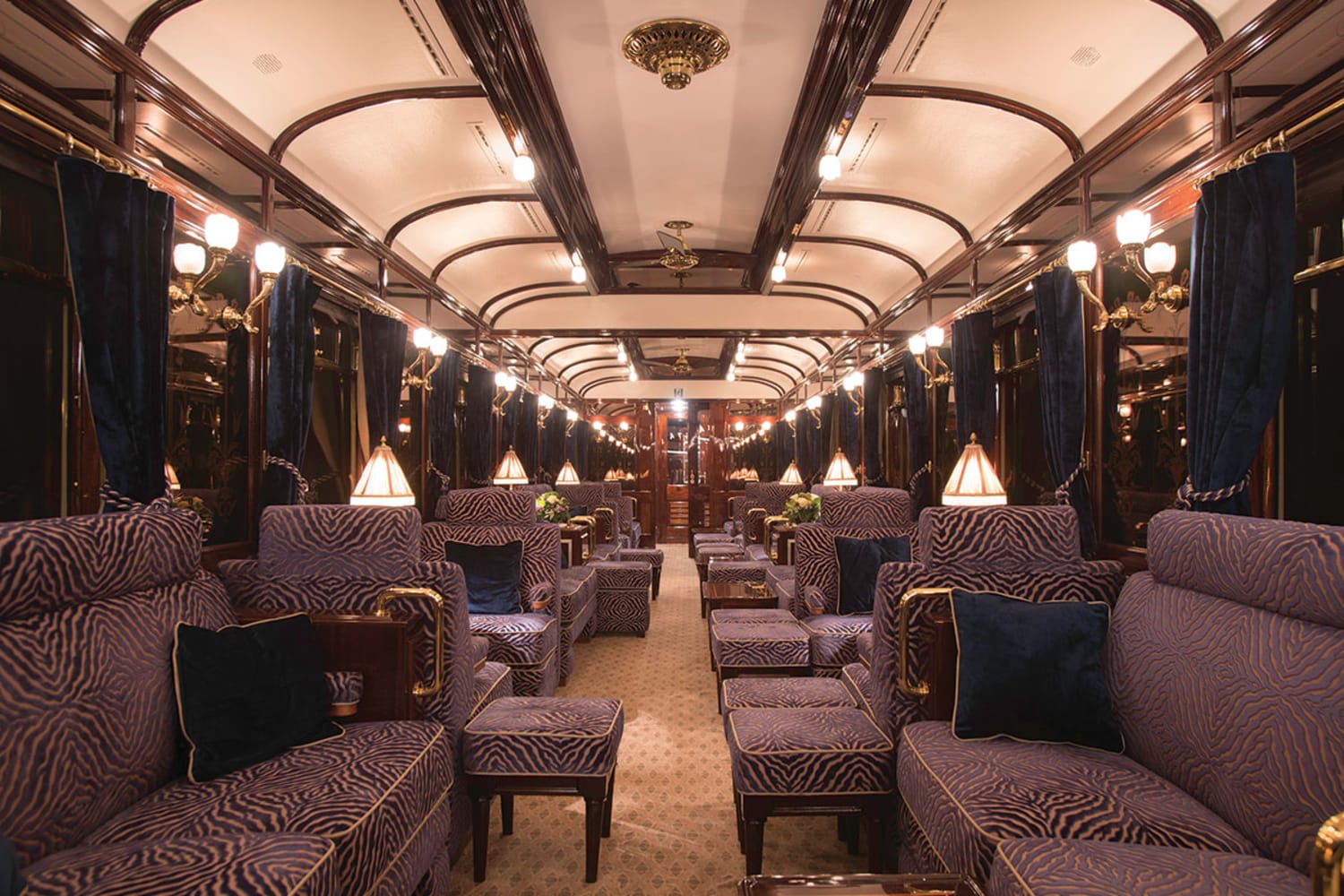
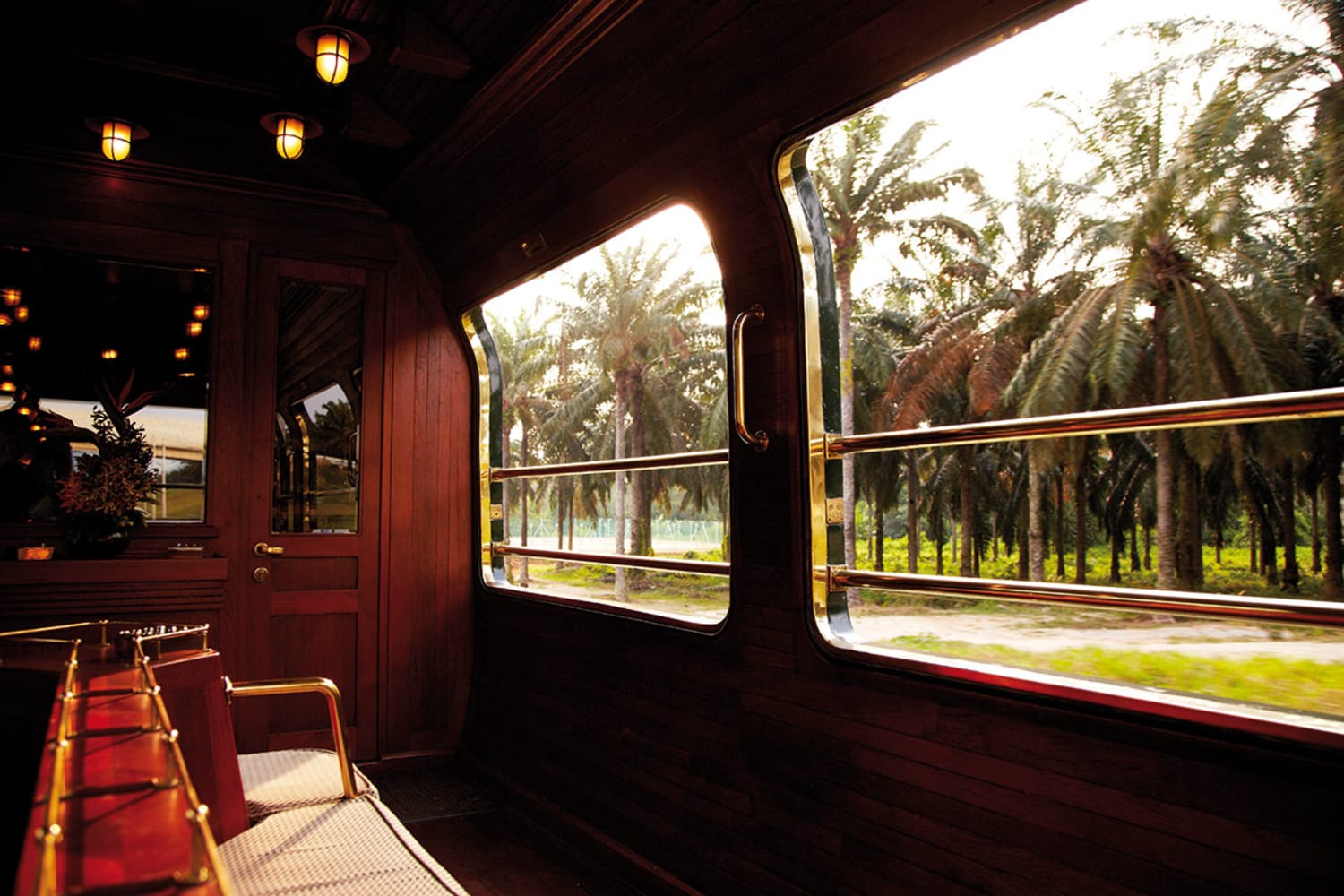
In the UK, the number of rail passengers increased 2.4% in 2019, hitting 439 million in total, according to The Office of Rail and Road, while in August 2019, Eurostar reported its busiest month on record, with more than a million passengers – constituting a 4% increase in the number of riders over the past year.
The “flight shaming” movement plays an undeniable role in the revival of rail travel. As consumers are shifting their daily habits to be more sustainable, many are turning away from flying altogether, a la Greta Thunberg. “Today’s travelers, including millennials, are very sustainability-conscious,” said Carlo Boselli, Eurail and Interrail general manager. “According to our most recent survey, in 2019 the low carbon footprint of rail travel was relevant in the decision about the mode of transportation for a holiday for 71% of Interrailers, nearly 20% more than in 2017.”
Everyone from corporations to fashion designers are jumping aboard. In the summer of 2019, Climate Perks launched a program to incentivize train travel for employees. The company encourages employers to offer additional paid ‘journey days’ to staff who travel by train or boat instead of flying, to offset the extra time needed for a journey by rail.
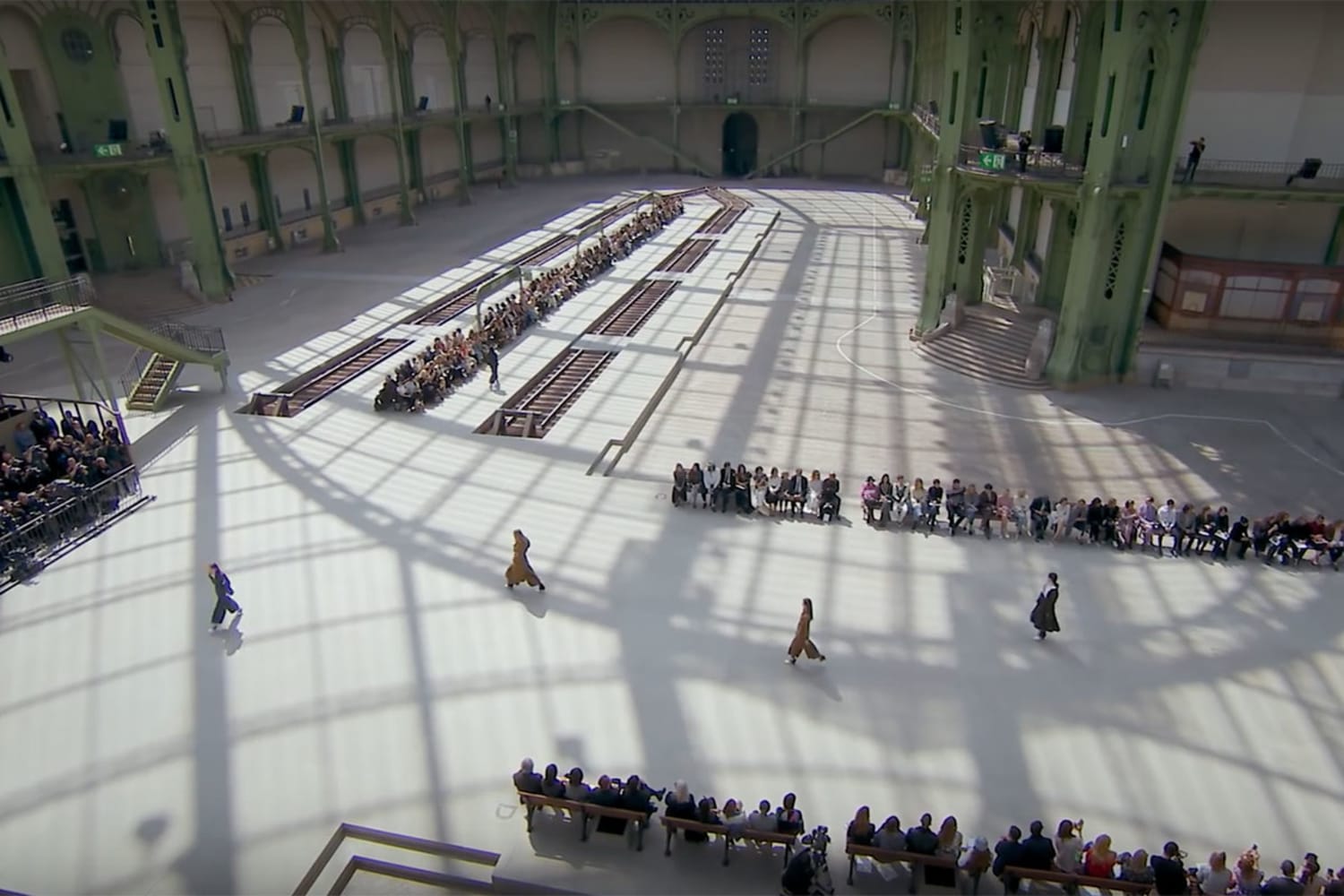
And Chanel, the luxury fashion house and venerated tastemaker, underscored the elegance of train travel with its Resort 2020 collection. The collection debuted at Paris Fashion Week in May 2019 at Le Grand Palais, which had been transformed into a glamorous prewar Beaux-Arts style train station to elicit “the promise of an adventure,” the brand explained.
The allure of train travel is also driven in part by the all-encompassing wellness movement, which sees consumers looking for opportunities to slow down and engage more deeply with the world around them.
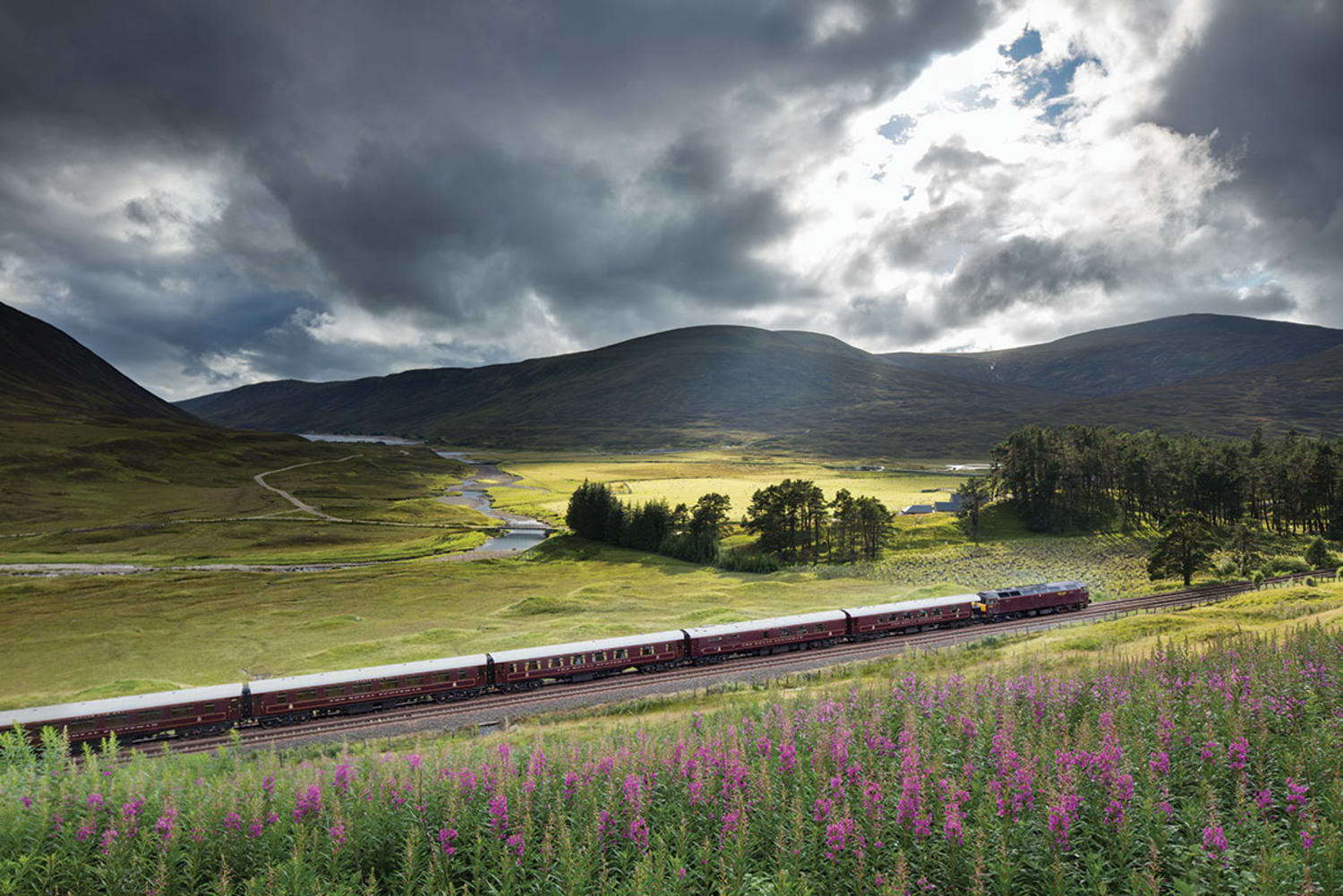
“Travelers seem to be more inclined to use slow modes of transport on trips focused on wellness and off-the-grid offerings,” Karen Hardie, global sales vice president at Canadian rail company Rocky Mountaineers, told Harper’s Bazaar. “It allows people to disconnect from the stresses of daily life and connect more intensely with local places and cultures, returning from holidays refreshed and recharged.”
Gary Franklin, Vice President at luxury rail company Belmond, agrees. Train travel, he said, “allows travelers to slow down and enjoy the journey rather than the rush to reach a destination – and time is increasingly becoming the most sought-after luxury in today’s over connected, fast-paced world.”
Main image courtesy of Chanel
Please provide your contact information to continue.
Related Content

VML Prague and KitKat offers a digital break with its new "Phone Break" campaign

